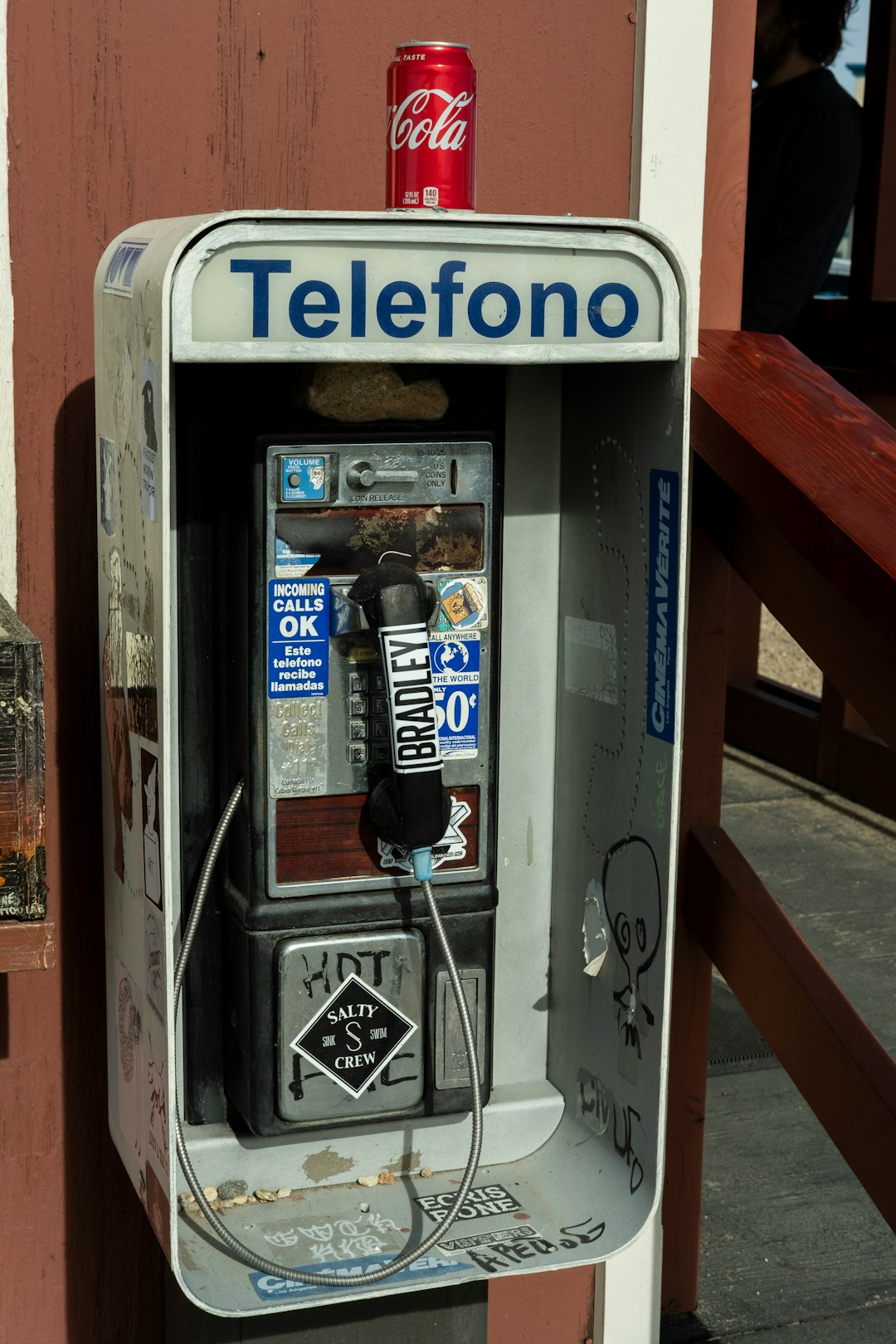Spam calls are a growing issue for Montana businesses, leading to privacy violations and fraud risks. Laws like the TCPA and Montana's Telemarketing Act offer protection, but understanding them is complex. Businesses should consult a specialized spam call lawyer or law firm in Montana to ensure compliance and avoid penalties. Solutions include implementing robust call blocking technologies, employee training, subscribing to reputable services, updating privacy policies, and obtaining explicit marketing consent.
In Montana, as in many places, local businesses face a growing menace from spam calls, impacting their operations and customer relations. This article guides business owners on navigating the complex landscape of spam call prevention, offering insights into understanding and combating these intrusive communications. We explore effective strategies and highlight the importance of adhering to legal frameworks, ensuring compliance with Montana’s spam call laws. With expert advice from leading spam call lawyers in Montana, businesses can protect their interests and enhance customer satisfaction.
Understanding Spam Calls and Their Impact on Local Businesses in Montana

Spam calls, or unsolicited phone marketing, have become a significant nuisance and a growing concern for local businesses across Montana. These unwanted calls often carry risks beyond mere irritation—they can be a violation of privacy and a potential source of fraud. For small businesses, especially those in close-knit communities, the impact can be substantial. Not only do these calls disrupt daily operations, but they can also lead to financial losses and damage customer relationships.
In Montana, as in many states, there are laws in place to combat spam calls, such as the Telephone Consumer Protection Act (TCPA). A lawyer specializing in this area, like a spam call attorney or law firm in Montana, can help businesses understand their rights and take proactive measures to protect themselves. By employing legal strategies and staying informed about regulatory changes, local businesses can safeguard their customers and operations from the detrimental effects of spam calls.
Legal Frameworks and Regulations for Spam Call Prevention in Montana

Montana has implemented various legal frameworks and regulations to combat spam calls and protect local businesses from unwanted telemarketing practices. The state’s laws are designed to ensure consumers’ rights while promoting ethical business communication. One key piece of legislation is the Montana Telemarketing Act, which sets strict guidelines for telemarketers operating within the state. This act prohibits deceptive or abusive telemarketing acts, including making prerecorded calls without proper disclosure and failing to obtain prior consent from recipients.
Business owners in Montana should be aware that violating these spam call laws can result in significant penalties. Engaging a lawyer specializing in spam call cases is advisable for businesses wanting to ensure compliance. A spam call attorney or law firm in Montana can provide guidance tailored to local regulations, helping businesses establish effective do-not-call policies and protect themselves from potential legal issues related to telemarketing practices.
Practical Strategies and Best Practices for Effective Spam Call Mitigation

Spam calls can be a persistent and frustrating problem for local businesses, but there are practical strategies and best practices to mitigate their impact effectively. One crucial approach is to implement robust call blocking technologies that use advanced algorithms to identify and block spam calls at the network level. These systems can learn and adapt to new spam patterns, ensuring continuous protection. Additionally, training employees to recognize suspicious calls and follow established protocols for handling them can significantly reduce the likelihood of successful spam campaigns.
Another effective method involves subscribing to reputable call blocking services or working with a spam call lawyer Montana (or a corresponding firm in your region) who specializes in telecommunications law. These professionals can provide guidance on navigating the legal aspects of spam call prevention, including understanding and enforcing relevant laws like the Telephone Consumer Protection Act (TCPA). Regularly updating privacy policies, obtaining explicit consent for marketing calls, and documenting caller information are also essential practices that can help businesses protect themselves from spam call lawsuits and maintain a secure communication environment.






